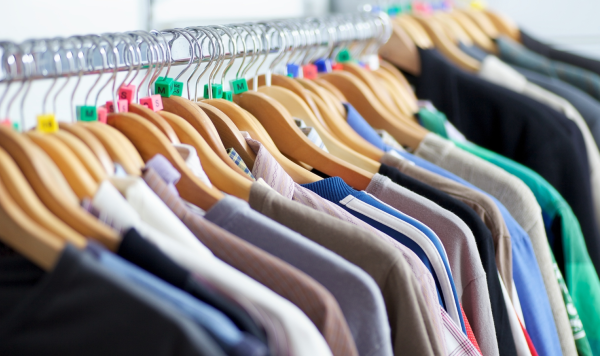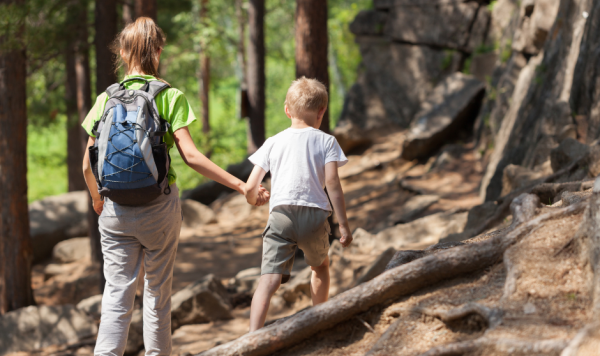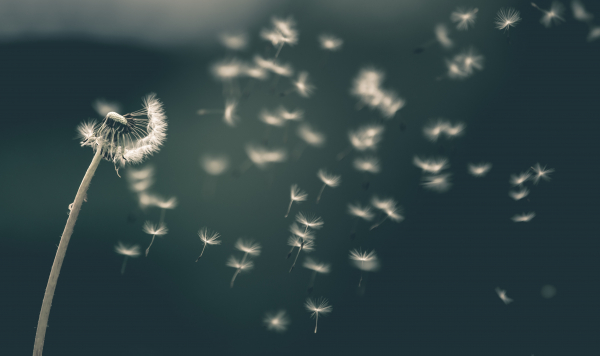Across north London, glass, metal, paper and all plastics are collected together in a single household recycling bin and compressed in one lorry before making their way to the materials recovery facility (MRF).
But what happens from there?
Many people are unaware that for those materials to be successfully recycled into new products, they must be clean enough. This is particularly important for paper and cardboard.
What is contamination?
You’ll often hear the word contamination when it comes to waste and recycling, but what does it mean?
Contamination is simply something non-recyclable finding its way into north London’s recycling – when it shouldn’t be there! It could be an item someone wrongly assumed could be recycled, but it could also be dirt or food from packaging.
North London Waste Authority serves over two million people and processes hundreds of tonnes of recyclable materials every day. We can handle a small amount of contamination, but when there is too much it is not practical to separate out the rubbish and the recyclable materials lose their value. Contamination in just a few bins on an average street can derail the whole process, cause damage to equipment and mean perfectly good recyclable materials have to be binned instead.
Even items widely thought of as recyclable can be problematic. Tissue paper, nappies and single use coffee cups should all be added to your general waste and not into your recycling bin.
If you’re in doubt about whether something can be recycled, check out our A-Z.
Why does it matter?
Our current process relies on residents to put clean recycling in their recycling bin.
Operating a mixed recycling system means there is no need for multiple bins – which is particularly important in urban areas as space is at a premium. With only one vehicle needed to collect and transport recyclable materials for a large area, it is also better for the environment.
However, it only works if it is done properly. While plastics, metal or glass can be washed as part of the recycling process – paper and cardboard can’t. They absorb any oil from takeaway containers or sauce from tinned food.
Paper recycling is a simple process where it is mixed with water and ground into a pulp. If that mixture contains high levels of oils, it will repel the fibres and stop them from re-adhering to each other. This means the final product is riddled with holes or has reduced strength.
Sticky tape is another major culprit. If it is not removed from cardboard or paper packaging before being recycled, the new material will inadvertently contain plastic material. This lowers its quality and therefore our ability to sell it on because paper mills have quality metrics they need to maintain.
So, how clean is clean?
A good way of ensuring the quality of your recycling is to ask yourself:
- Is it completely empty?
- Would it transfer onto anything else if punctured or broken?
Things like shampoo, washing detergent and spray bottles can go into your recycling bin once they are completely empty, especially if they’re sealed with pumps or flow regulators.
Milk bottles can be rinsed briefly with a little bit of water to clean out any excess in the bottom.
Jars, tins and trays are the biggest culprits of contamination, especially if they’ve contained oily foods. The best and most sustainable way of ensuring these items are clean enough is to give them a bit of a rinse in the bowl after you’ve finished washing up. Containers with thicker contents like peanut butter or jam can be given a wipe with a dirty tissue or washing up brush to dislodge the excess, and then filled with a bit of dishwater and shaken well (with the lid on). Simply leave them in the sink to drain, and then they’re ready to go in the recycling.
Pizza boxes often divide the recycling community because some councils will accept them whereas others advise binning them. Here at NLWA, we suggest removing any parts of the box with heavy grease stains and recycling the clean sections. However, if in doubt, throw it out!
Any final thoughts?
Disposal should always be the last resort so opt for reusable alternatives if you can, from coffee cups and water bottles to menstrual products and rechargeable batteries. Many cleaning products are now sold in tablet form that you dissolve with tap water in an empty spray bottle, and zero waste shops are popping up all over north London - allowing you to refill your kitchen cupboards without a plastic bag or wrapper in sight!






